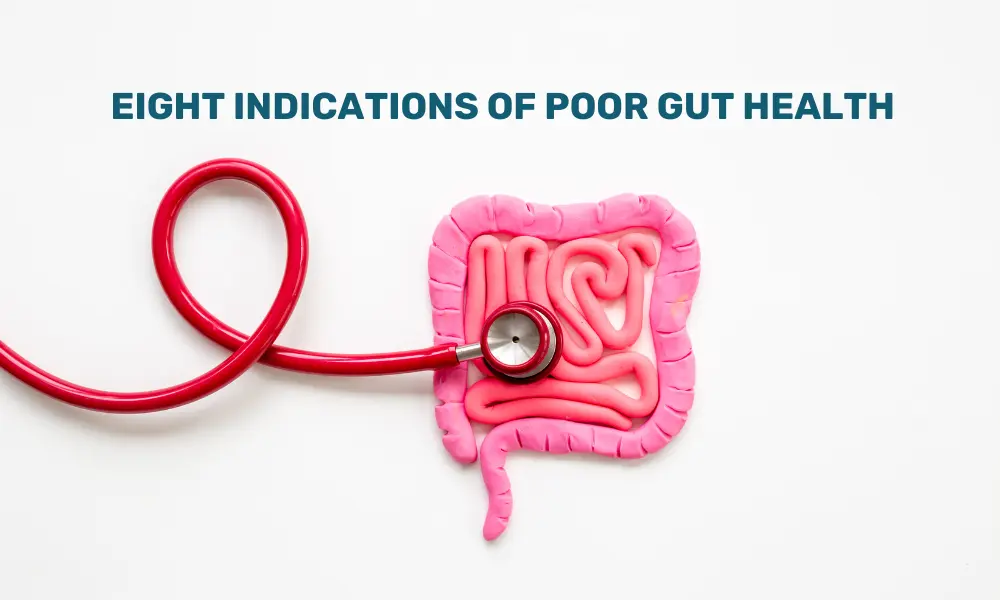We often experience burning and itching in our eyes and a relentless urge to rub them for relief. And we give in by pressing our fingers into our eyelids, hoping the pressure will soothe the discomfort. Instead, our eyes grow redder and more irritated with no relief. Many people experience this common scenario daily, often unaware of the potential damage their eyes might be prone to.
Causes of eye irritation:
Various factors can cause eye irritation. Allergic eye disease is triggered by external allergens such as pollen, dust, and pet dander, leading to itching and irritation.
Conjunctivitis, commonly known as pink eye, is an infection that results in redness, itching, and a gritty feeling. Additionally, foreign bodies like small particles or substances in the eye can cause significant discomfort and a strong urge to rub.
Ophthalmologists strongly advise against rubbing your eyes, emphasizing that the risks far outweigh the momentary comfort.
Rubbing your eyes might seem harmless, but it can lead to serious long-term consequences. This habit can cause various eye problems, some of which can be severe and irreversible.
Many people suffer from constant irritation or itching of the eyes which compels them to rub their eyes. Such symptoms can be a sign of allergic eye disease, conjunctivitis, or a foreign body on the eye’s surface, among other reasons.
Risks of rubbing your eyes and preventive tips:
Eyelid muscle weakening: Rubbing of the eyes also results in weakening of the muscles of the eyelid and causes drooping of the eyelid, resulting in a disease called ptosis, where one eye appears smaller than the other and requires surgical treatment for its correction.
Cornea distortion: Rubbing can distort the shape of the cornea, leading to issues like cylindrical power in spectacles or keratoconus, a condition where the cornea thins and bulges outwards.
Increased inflammation: Rubbing of the eyes induces more inflammation on the surface of the eye which actually makes the patient want to rub even more and causes the eye to become red, thus resulting in a vicious cycle.
Higher infection risk: Rubbing of the eyes can cause repeated eye infections such as stye or conjunctivitis. It can cause the front layer of the cornea (epithelium) to scrape off causing extensive pain, watering, sensitivity to light and predispose to corneal infections and ulcerations. You should completely refrain from rubbing of eyelids.
Prevention tips to avoid eye rubbing:
-
Practice good hygiene: Wash your hands frequently and avoid touching your face, especially your eyes, to prevent introducing bacteria and irritants.
-
Avoid irritants: Minimise exposure to known allergens and irritants to reduce the urge to rub your eyes.
-
Gentle eyelid massaging: If advised by an ophthalmologist, gently massage your eyelids to relieve inflammation without directly rubbing the eyes.
-
Use lubricating eye drops: Artificial tears can help soothe and lubricate the eyes, reducing dryness and irritation.
-
Seek professional medical advice: Identify and treat underlying conditions by consulting an ophthalmologist for allergies or infections causing eye irritation.
-
Medication: Always seek professional advice from an ophthalmologist before using any medications or eye drops, as some over-the-counter drops contain steroids that can cause serious issues like fungal infections and irreversible blindness due to increased eye pressure and optic nerve damage (glaucoma).
Due to increased screen usage, itchy eye is a common issue many individuals are facing in today’s world. By taking little care and following the above tips, one can control eye irritation. To consult an ophthalmologist – CLICK HERE.





